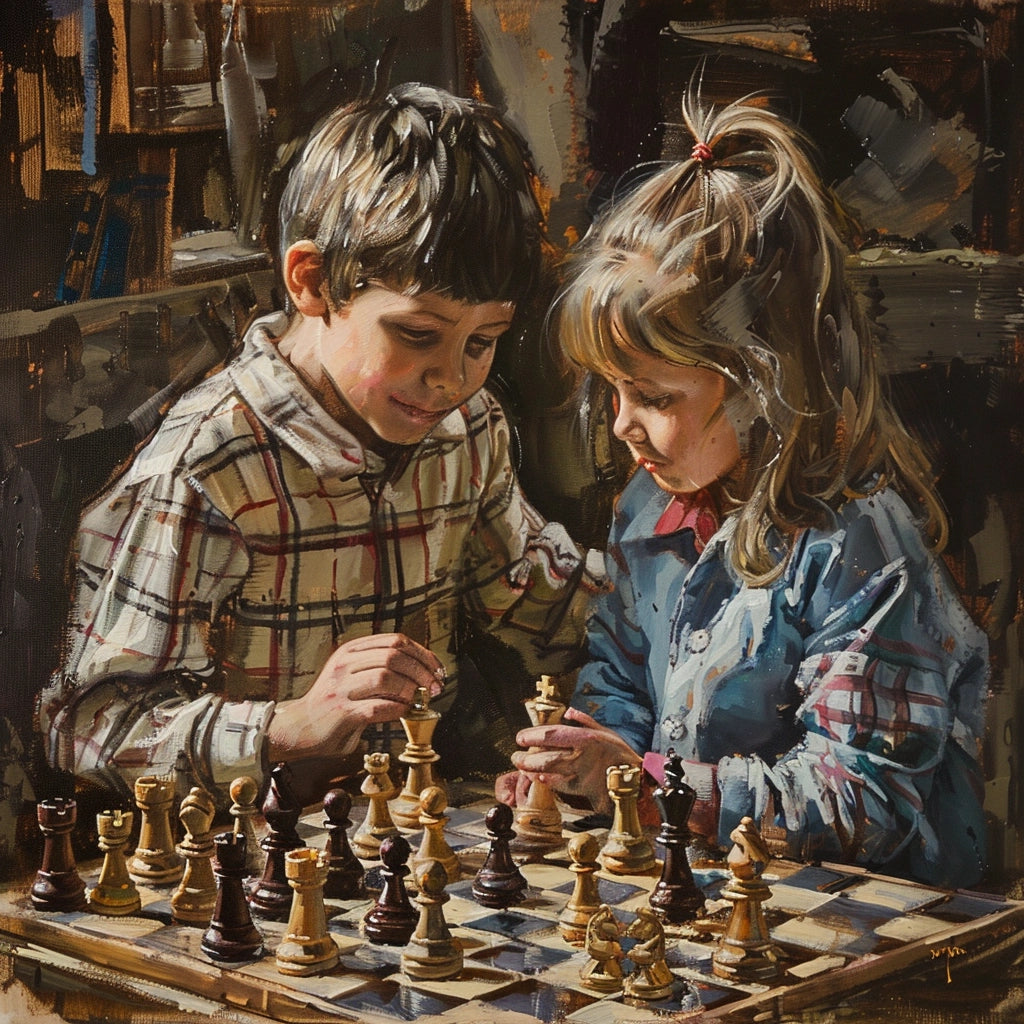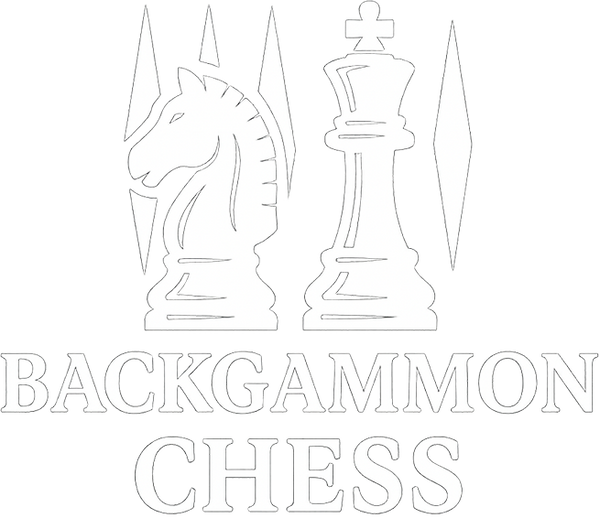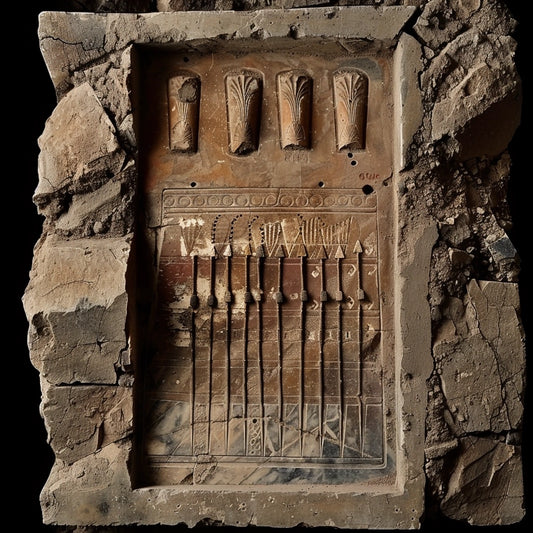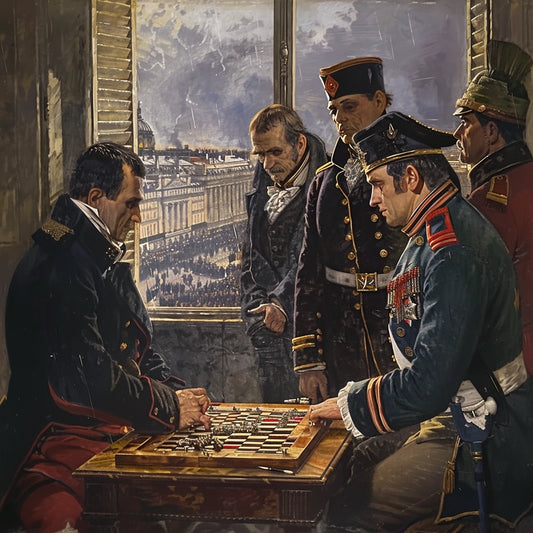
The Impact of Chess on Children's Education and Development
In an era dominated by technology and fast information, the education and development of children requires innovative approaches that stimulate not only the accumulation of knowledge, but also the development of essential life skills. The game of chess , with roots lost in the mists of time, emerges as such a tool, offering more than mere entertainment. It is a vehicle for enhancing critical thinking, creativity and emotional intelligence, fundamental elements in shaping young minds.
This article aims to explore the profound impact that chess can have on children, both in formal and informal educational contexts. By analyzing the cognitive, emotional and social benefits, we will discover how this ancient game can serve as a catalyst for the integral development of children, preparing them for the complex challenges of the contemporary world.
Chess, often referred to as "mind gymnastics", is more than just an exercise in logic and strategy. It is a mirror of life itself, teaching children to anticipate, plan and adapt to ever-changing situations, all within a structured and safe setting. Furthermore, chess transcends language and cultural barriers, providing a universal platform for interaction and learning.

As we delve deeper into the world of chess, we'll see how it not only improves academic performance, but also cultivates valuable character traits such as patience, perseverance, and integrity. We will also explore how chess can positively influence children's social relationships by encouraging respect, empathy and collaboration.
Therefore, we invite parents, educators and all those interested in youth development to join us on this journey of discovery, to understand how the game of chess can be not only a source of pleasure, but also an essential tool in shaping the future of our children.
History of Chess in Education
Chess has been recognized for its educational and cognitive benefits since the Middle Ages, when it was considered an essential tool in the education of European nobility. Learning chess was valued not only for the strategic skills it developed, but also because it promoted chivalric values such as honor, patience, and foresight. In the 20th century, chess began to be integrated into school curricula around the world as a method of developing logical thinking and problem-solving skills. For example, in the Soviet Union, chess was widely adopted in schools as part of the curriculum, reflecting the belief that the game contributes to the formation of analytical and innovative minds.
Cognitive Benefits
Chess is often called "mind gymnastics" because of its profound impact on cognitive development. By playing chess, children improve their memory by learning to remember the possible moves and strategies of their opponents, which stimulates visual and spatial memory. For example, a study published in the "Journal of Educational Psychology" showed that students who participated in chess classes showed significant improvements in math tests that measured both calculation skills and spatial reasoning.

Furthermore, chess develops critical thinking and problem-solving skills. Children learn to analyze complex situations, anticipate the consequences of different actions and develop strategic plans. This prepares them for real situations, where critical thinking and the ability to find creative solutions are essential.
Emotional and Social Benefits
In addition to cognitive benefits, chess also has a positive impact on children's emotional and social development. Through its competitive nature, chess teaches children the value of patience and the importance of self-control. Defeats and victories in chess provide valuable opportunities for developing emotional resilience, teaching children to manage both success and disappointment.
Chess also promotes social interaction and the development of communication skills. The game encourages mutual respect between players, regardless of age or skill level. For example, school chess programs, such as those implemented in schools in Armenia, where chess has been introduced into the national curriculum, have shown improvements in students' social behavior, including greater cooperation and respect among peers.
Chess in the School Curriculum
Integrating chess into formal education has demonstrated significant benefits in children's intellectual and social development. In countries such as Armenia, Norway, and even some US states, educational programs that include chess as a subject of study or extracurricular activity have been associated with overall academic improvements, including better performance in math and reading.

An inspiring example is the "Chess in Schools" program in New York, which has been praised for its contribution to improving students' focus, discipline and academic performance. Teachers who have implemented chess in the classroom report that the game helps develop strategic thinking and improve teamwork skills, preparing children not only for academic success, but also for the challenges of everyday life.
Guide for Parents and Educators
For parents and educators who want to introduce chess into their children's lives, the first step is to understand and communicate the benefits of this game. You don't have to be a chess master to encourage children to play; there are many online resources, including video tutorials and interactive apps, that can make learning the basic rules easier. Creating a positive playing environment is crucial; encourage play as a fun and educational activity, not just a competition. Also, participating in chess clubs or school tournaments can give children the opportunity to develop their social skills and learn from other players.
The Future of Chess in Education
Modern technology has opened new horizons for the integration of chess in education. Online chess platforms and educational apps make the game more accessible than ever, allowing kids to practice and learn regardless of location or time. In addition, augmented reality (AR) and artificial intelligence (AI) promise to transform the way chess is taught and practiced, providing personalized learning experiences tailored to each child's level. As research continues to highlight the connection between chess and cognitive development, it is likely that chess will become an even more valuable component in formal and non-formal education, preparing children not only for academic success, but also for a lifetime of critical thinking and creativity.

In conclusion to our exploration of the profound impact that chess has on the education and development of children, it is clear that this ancient game continues to be a valuable and relevant resource in the modern world. By improving cognitive, emotional and social skills, chess provides a solid foundation for the all-round development of young people. Parents and educators have a wealth of resources to integrate chess into children's lives, whether it's the traditional face-to-face game or the innovative, technology-enabled variations.
As we move into the future, the role of chess in education seems to be not only preserved, but also enhanced by new technologies that make the game more accessible and attractive to younger generations. It is a testament to the universality and timelessness of chess that, even in the digital age, it can still provide valuable lessons in strategy, patience and perseverance.
We encourage parents, educators and communities to continue to promote chess as an essential educational tool, recognizing its potential to form critical and innovative minds prepared to navigate the complexities of the contemporary world. Through chess, we give children not just skills to excel in the classroom, but skills for life, cultivating a generation of critical, resilient and creative thinkers.
Finally, chess is more than a game; it is a metaphor for life, a mirror of our struggles and triumphs, and a training ground for the human mind and spirit. Let's embrace chess not just as a leisure activity, but as a vital part of our children's education and personal development.






